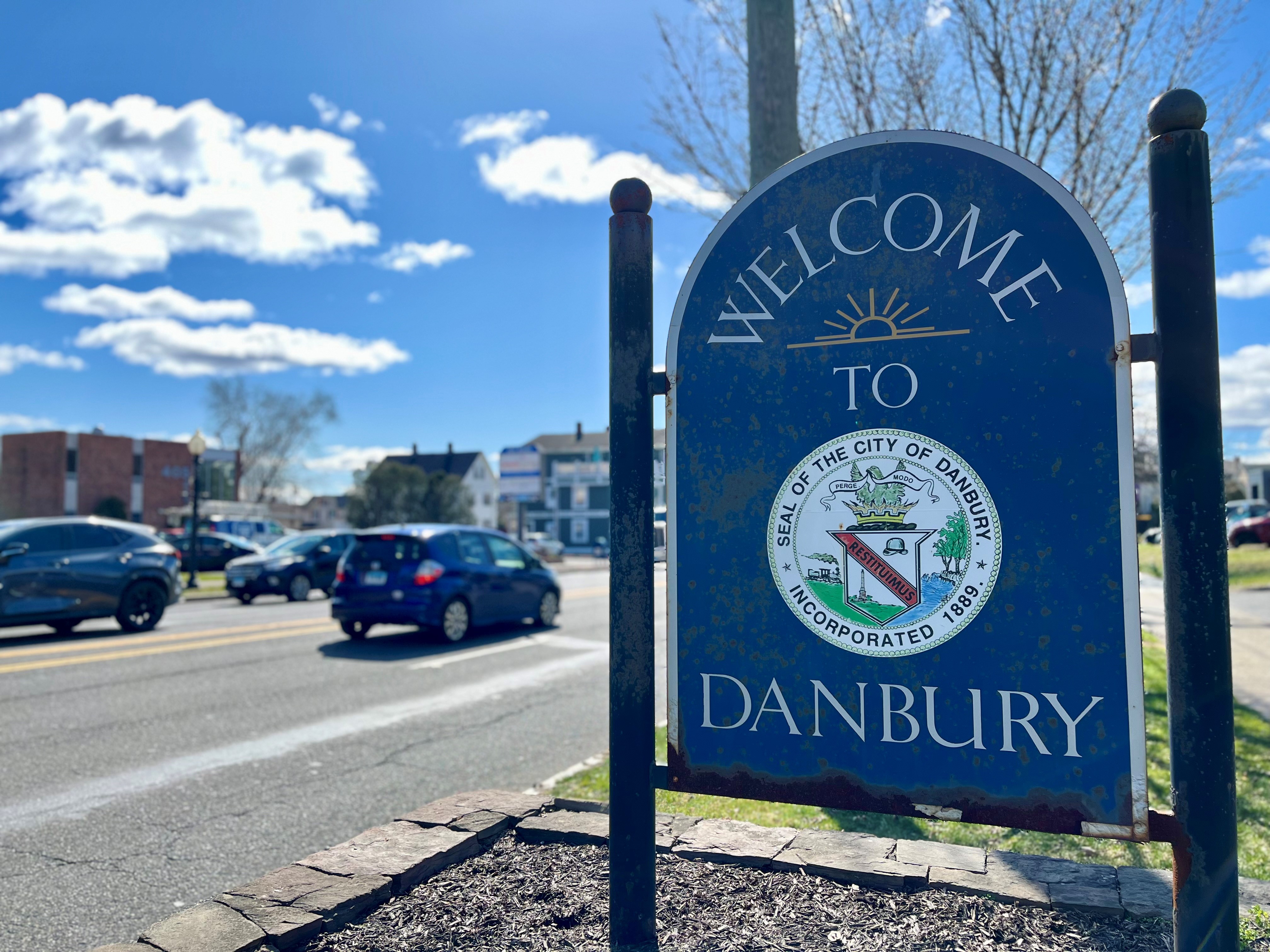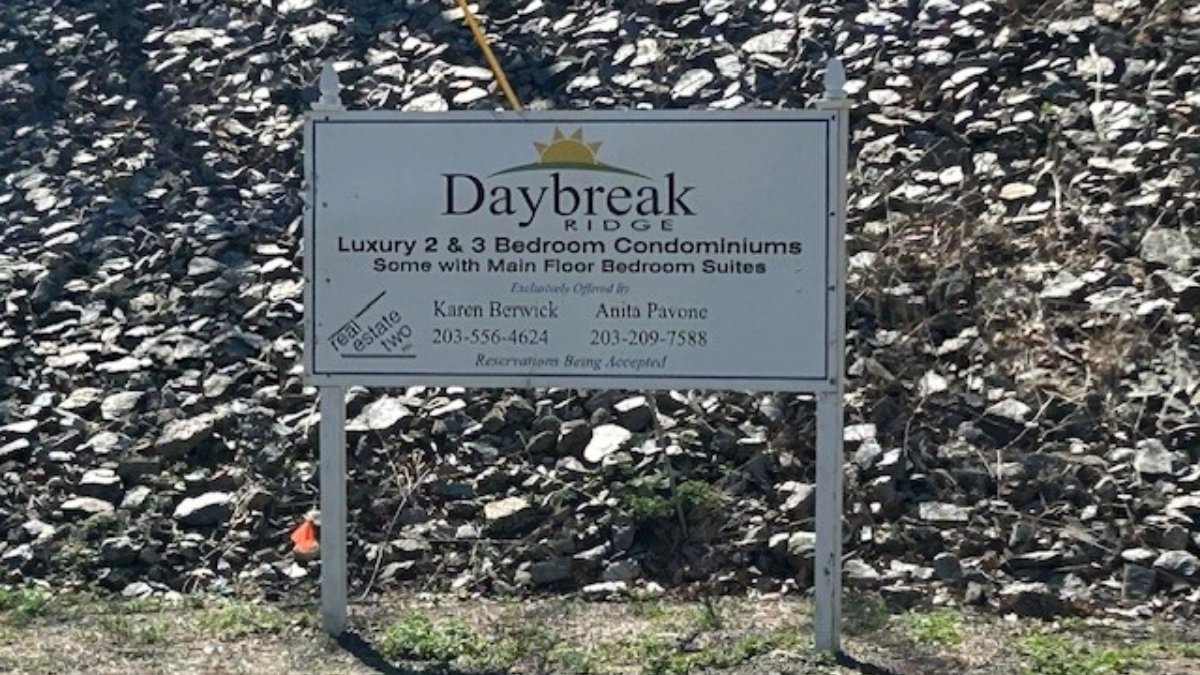Current and former leaders in the Connecticut General Assembly from both parties agree that regionalism is a necessity in the state in order to save money, but they also agree that existing pressures, many of the same reasons for a lack of more shared services around the state, are also responsible for stunting any progress on the topic at the state level.
"The reality is every one of those communities has their own constituencies, their own labor unions and their own people that they're trying to assuage and appease in an effort to try to continue on in their role as a local elected official,” said Brendan Sharkey (D), the former Speaker of the Connecticut House of Representatives. Sharkey championed regionalization efforts during his 16 years in the General Assembly.
.instrux { font-family: Verdana; font-size: 10px; } .container { position: relative; width: 100%; } .image { display: block; width: 100%; height: auto; } .overlay { position: absolute; top: 85%; bottom: 0; right: 5; left: 0; height: 50%; width: 50%; opacity: 0; transition: 1s ease; background-color: none; } .container:hover .overlay { opacity: 1; } .text { color: black; font-size: 15px; position: absolute; top: 50%; left: 50%; transform: translate(-50%, -50%); -ms-transform: translate(-50%, -50%); text-align: center; }
Hover over the image and hit play to hear Sharkey speak.

He chaired the MORE Commission, which stood for Municipal Opportunities and Regional Efficiencies. The group was eventually responsible for changing state laws to allow school systems and other local departments to merge, providing relief from state mandates at the local level. Sharkey viewed that as a tremendous policy success, and said it’s because of the consensus that having 169 independent city and town governments is not a way to effectively and efficiently spend taxpayer money.
"Conservative or liberal, everyone understands this is not the way to run a railroad but what they'll tell you privately is we need the state to force us to do this because locally, politically it's impossible to propose this on our own. We need the state to tell us how it is going to be."
The current Speaker of the House, Rep. Joe Aresimowicz (D - Berlin), agrees that regionalism and more cities and towns sharing functions like public safety, emergency dispatch, financial, and election administration services is vital to Connecticut’s future.
Local
"We have to do it. We have to be competitive,” Aresimowicz said. He told NBC Connecticut that the method of individual cities and towns measuring less than 20 square miles making decisions simply for their swaths of land do not hold up to basic scrutiny.
.instrux { font-family: Verdana; font-size: 10px; } .container { position: relative; width: 100%; } .image { display: block; width: 100%; height: auto; } .overlay { position: absolute; top: 85%; bottom: 0; right: 5; left: 0; height: 50%; width: 50%; opacity: 0; transition: 1s ease; background-color: none; } .container:hover .overlay { opacity: 1; } .text { color: black; font-size: 15px; position: absolute; top: 50%; left: 50%; transform: translate(-50%, -50%); -ms-transform: translate(-50%, -50%); text-align: center; }
Hover over the image and hit play to hear Rep. Aresimowicz speak.

"Why is somebody who's plowing a street in West Hartford stopping when it hits into Newington? Let's talk about that. Let's have a conversation.”
Aresimowicz and Sharkey both believe the only way for progress to happen is by the state mandating more regional cooperation and using appropriations as the incentive. Municipalities, they argue, will get more financial support the more they collaborate and they will receive less and have to be more self-sufficient if they refuse.
“The first year we give them a pass,” Aresimowicz suggested. “Year Two we start reducing your funding on a percentage. Year Three, year four, year five, if they think they only can do it the best way. Their residents are going to have to pay for it."
Republicans also support regionalism efforts, as long as they are based on geographical and cultural neighbors, and as long as the state is not requiring it from the General Assembly.
Rep. Themis Klarides, (R – Derby), said another mandate could be viewed unfavorably at the local level, even if there are purse strings and incentives attached.
"I don't really support just mandating it and telling you, 'you have no choice,' because I think there are a lot of choices. I think people aren't realizing what their choices are. And that's by having conversations and putting natural groups together they think that it's different than it actually is,” she said.
.instrux { font-family: Verdana; font-size: 10px; } .container { position: relative; width: 100%; } .image { display: block; width: 100%; height: auto; } .overlay { position: absolute; top: 85%; bottom: 0; right: 5; left: 0; height: 50%; width: 50%; opacity: 0; transition: 1s ease; background-color: none; } .container:hover .overlay { opacity: 1; } .text { color: black; font-size: 15px; position: absolute; top: 50%; left: 50%; transform: translate(-50%, -50%); -ms-transform: translate(-50%, -50%); text-align: center; }
Hover over the image and hit play to hear Rep. Klarides speak.

The issue of regionalism has been barely discussed during the 2018 campaigns for governor on either side of the political aisle.
Of all of the candidates running for governor only one of them, Sean Connolly, a Democrat who served as Veterans Affairs Commissioner under Gov. Dannel Malloy, mentions sharing services as a way to save taxpayers money on his official campaign website.
No matter what, said former Speaker Sharkey, the next governor whether they are a Republican or a Democrat, will look at the current delivery of services at the local level and conclude there has to be a better way.
“I think that new governor is going to propose the kind of seismic changes that need to happen in order for the state to save money and frankly for local taxpayers to save money,” Sharkey said.
Current Speaker Aresimowicz agrees, adding that at one point in time, more than 100 years ago individual municipal services made sense, but says today it is one of the factors that has contributed in no small part to Connecticut’s economic malaise.
"We can do it much more efficiently and probably offer better services but you get to the argument of 'oh no, we've never done that,' and one of the greatest strengths used to be, 'we're the land of steady habits.' It has now become our greatest weakness," he said.



